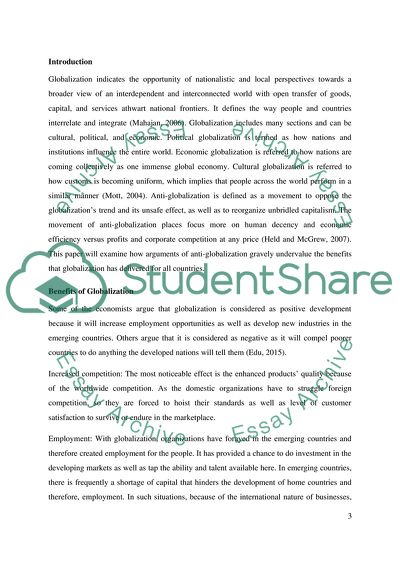Cite this document
(Anti-Globalization Undervaluing the Benefits of Globalization Term Paper - 3, n.d.)
Anti-Globalization Undervaluing the Benefits of Globalization Term Paper - 3. Retrieved from https://studentshare.org/social-science/1678442-critically-discuss-the-view-that-anti-globalisation-arguments-seriously-undervalue-the-benefits-that-globalisation-has-delivered-for-all-countries-01153
Anti-Globalization Undervaluing the Benefits of Globalization Term Paper - 3. Retrieved from https://studentshare.org/social-science/1678442-critically-discuss-the-view-that-anti-globalisation-arguments-seriously-undervalue-the-benefits-that-globalisation-has-delivered-for-all-countries-01153
(Anti-Globalization Undervaluing the Benefits of Globalization Term Paper - 3)
Anti-Globalization Undervaluing the Benefits of Globalization Term Paper - 3. https://studentshare.org/social-science/1678442-critically-discuss-the-view-that-anti-globalisation-arguments-seriously-undervalue-the-benefits-that-globalisation-has-delivered-for-all-countries-01153.
Anti-Globalization Undervaluing the Benefits of Globalization Term Paper - 3. https://studentshare.org/social-science/1678442-critically-discuss-the-view-that-anti-globalisation-arguments-seriously-undervalue-the-benefits-that-globalisation-has-delivered-for-all-countries-01153.
“Anti-Globalization Undervaluing the Benefits of Globalization Term Paper - 3”, n.d. https://studentshare.org/social-science/1678442-critically-discuss-the-view-that-anti-globalisation-arguments-seriously-undervalue-the-benefits-that-globalisation-has-delivered-for-all-countries-01153.


